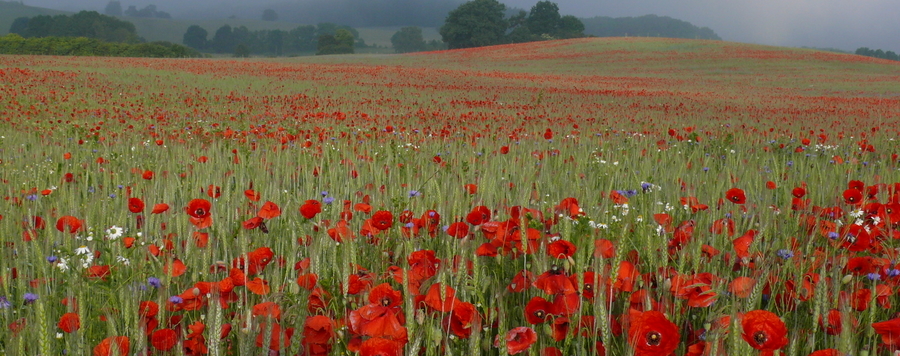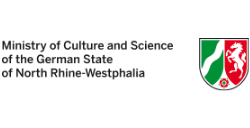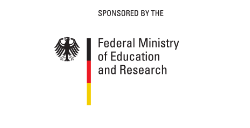
Is organic farming really better? Effects of 27 years of pesticide-free agriculture on the population trends of breeding-birds in the Schorfheide-Chorin biosphere reserve
After the wall came down, the majority of farmers of a whole region of 13,000 ha within the Schorfheide-Chorin Biosphere Reserve decided to switch to organic farming. More than 95 % of the farmland area has been managed by organic farming (mostly Demeter) since (Chorin-Brodowin reference area). Breeding bird monitoring using territory mapping plots and point counts was started in 1995 on representative plots in the whole Biosphere reserve and in the Chorin-Brodowin reference area in 1997. As a national reference, the Common Breeding-Bird Survey data (Monitoring häufige Arten MhB) of the DDA for whole Germany (starting in 1990) are available. The analysis of these data revealed that the Chorin-Brodowin reference area showed much better population trends of breeding-birds compared to the national trends (107 species). The differences were strongest in insectivorous birds (51 species), but not significant in the other guilds of diet. Within the insectivorous species, those preferring farmland and rural villages as habitat (18 species) showed the strongest positive difference (increase compared to steep decline). We can conclude that large-scale modern organic farming supports insectivorous bird species in particular.






